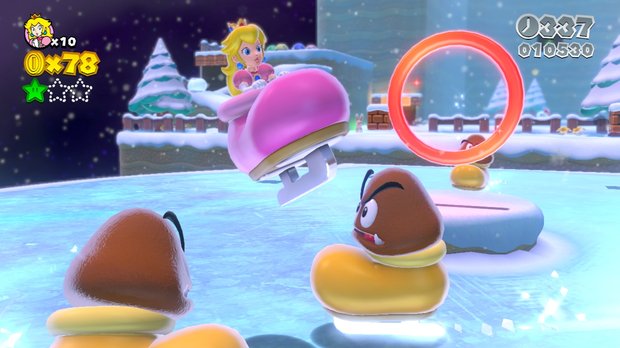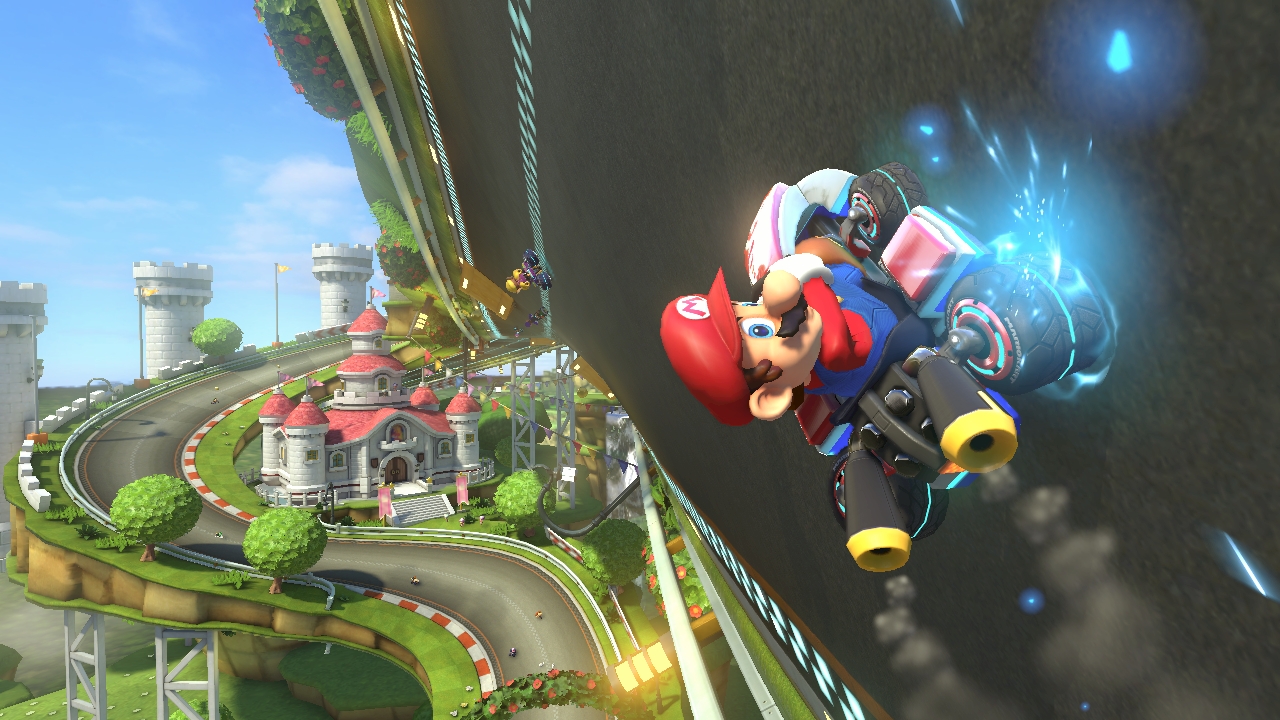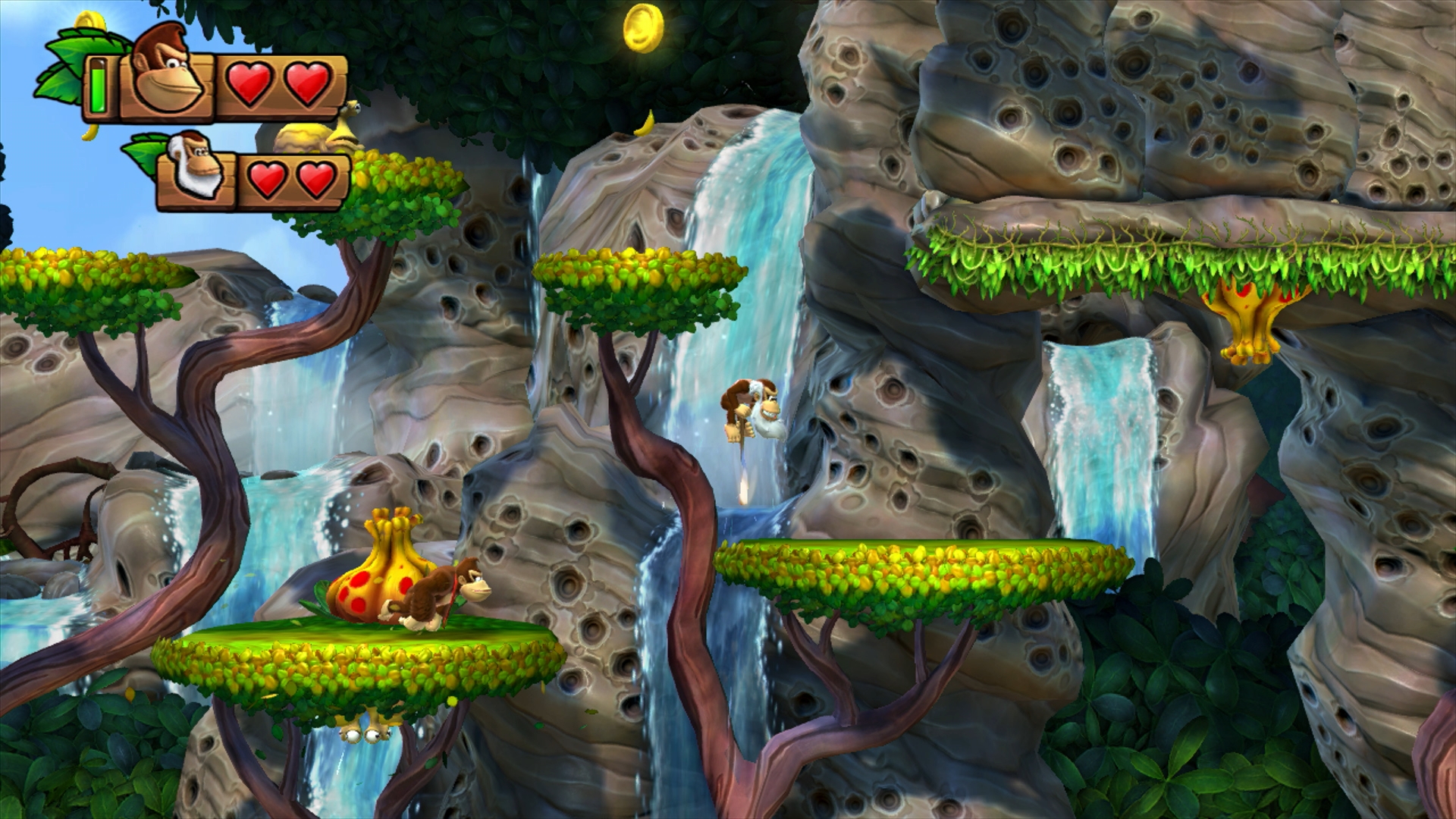Nintendo's Wii U sales are in a tailspin, but there is a (drastic) way out
This morning Nintendo announced the current state of its finances. The current state is not good. Following an earlier prediction of 9 million Wii U sales for 2013/2014, the company has taken a broadsword to its expectations, hacking the console’s expected retail prospects to just 2.8 million. Worldwide. Not good. Not good at all.
The Wii U is in a tailspin. As a result, Nintendo is expecting to take another full-year loss, the second in as many years. Do not though, join the braying hordes of pitchfork-wielding torch-wavers prophesising the end of Nintendo. That’s not going to happen. But we really do need to consider exactly how Nintendo is going to move on from this point. Because this is an unprecedented situation.

First things first. In terms of financial assets, Nintendo is in a very, very good position. It’s been stockpiling capital for a very long time, and after the success of the Wii and DS, has $10 billion to play with. As we pointed out a while back, Nintendo could fail another four console generations and keep on ticking. Nintendo--as an entity--is safe, particularly with its seemingly untouchable handheld dominance to buoy its cashflow. But the Wii U really, really isn’t.
History is littered with the corpses of failed consoles, but rarely has a machine from one of the industry’s major platform-holders failed so hard and so fast. There’s no obvious roadmap out of this one, but it seems that Nintendo has two broad options. Firstly, it can just write off the Wii U as a bad idea (the console is a conceptual disaster, with neither the horsepower and third-party support to snare the core gamer, or the immediately comprehendible, accessible gimmick required to score another Wii-style grab of the casual market).
That approach would allow Nintendo to pour its financial and creative resources into the part of its business that is doing (very) well, making the 3DS even stronger with a slew of new software and initiatives, which could be achieved significantly cheaper than their Wii U equivalents. A significant saving can be as good as a profit, and if the Wii U’s budget can drive even greater sales for the 3DS, then on one level, things would improve. But it would be a PR catastrophe.

If you think the doomsayers are vocal now, get ready to be deafened if Ninty ever euthanises the Wii U. There could even be fallout among the core fanbase. Nintendo fans are legendary for their loyalty, and have kept the company going through many a tough time. The pole-axing of a new, still-expensive console could potentially stretch that goodwill too far.
The other option? Stop stockpiling and start spending. Nintendo currently has more money than God, Buddha and Cthulhu combined. Nintendo also currently has a problem with software support. Third-party Wii U games just aren’t going to happen, and Nintendo’s own development talent, as significantly talented as it is, isn’t sizeable enough to accommodate healthy, attractive release schedules for the 3DS and Wii U at the same time. If the rest of the industry isn’t going to support the Wii U (and it isn’t), then Nintendo needs to crack out some of that $10 billion, go on a studio-buying spree, and turn itself into a game factory; an in-house mini-industry developing solely for its own consoles. As strong as its output consistently is, Retro Studios cannot support the Wii U alone.
Sign up to the GamesRadar+ Newsletter
Weekly digests, tales from the communities you love, and more

But crucially, Nintendo needs to recruit an eclectic blend of first and second-party developers, from all corners of the globe, in order to ensure that the Wii U’s software line-up is genuinely universally appealing in a way that courts the mainstream just as strongly as the Nintendo die-hard. Almost every first-party Nintendo game is excellent. Much of it embarrasses the rest of the industry in terms of vision and quality. But that stuff alone doesn’t pull in those not already convinced by Nintendo, and those guys and gals are fundamentally the buyers the Wii U needs right now. Smash Bros. and Mario Kart won't change anything.
Nintendo can afford to take the latter option. And it should. It needs to face up to the realities of its current situation and take bold moves to fix it. In short, it needs to stop being so conservative, stop hoping for the best, and make something happen. A global, Nintendo-run developer collective would not only help the Wii U, but it could be an incredible thing in its own right. Ninty needs to get on that. Saving for a rainy day is all well and good, but you have to actually follow through when the heavens open.



